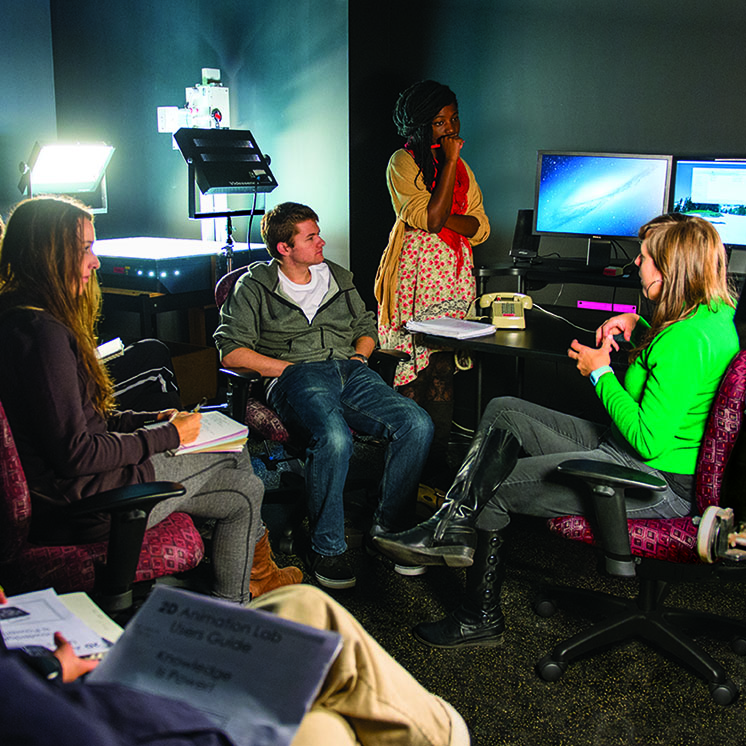Biodiversity Studies in Argentina
Fall 2015 and Winter 2016 quarters
Taught by

In the 19th century, well-known European scientists such as Darwin, d'Orbigny, and Bonpland traveled in Argentina and brought their knowledge of the flora and fauna back to Europe. The marine, desert, and alpine environments of the Southern Cone harbor flora and fauna are very different from similar environments in North America. In this two-quarter program, we will carry out intensive natural history studies of the unique organisms and ecosystems of Argentina, focusing on those of Patagonia. After an introductory week in Olympia at the start of fall quarter, the study-abroad portion of the program will commence with a four-week intensive study of Spanish language in Buenos Aires, which will prepare us for our travels and studies in Argentina during fall and winter quarters.
We will read primary literature articles related to the biodiversity of Argentina, and each student will be responsible for presenting different topics during weekly seminars. We will begin to study the flora and fauna of the Southern Cone through preliminary readings, lectures, and classwork in Buenos Aires. We will take a short trip to the subtropical province of Misiones, then move to the coastal and mountain regions of Patagonia where we will study the area's natural history, beginning with field studies on the Atlantic coast, and then moving to the Andean Lakes District, taking advantage of the progressively warmer weather of the austral spring. Students will conduct formal field exercises and keep field notebooks detailing their work and observations.
During winter quarter (summer in the Southern Hemisphere), students will reinforce their language skills with two weeks of intensive Spanish studies in Patagonia, examine montane habitats, and then work in small groups on focused projects examining topics of biodiversity. It will be possible to conduct more focused studies on specific ecosystems or organisms, including those of southern parts of Patagonia. Clear project goals, reading lists, timelines, etc., will be developed during fall quarter in order to ensure successful projects in winter quarter. Examples of individual/small group projects include comparisons of plant/animal biodiversity between coastal, desert, and alpine zones; comparative studies on the impacts of ecotourism activities on biodiversity; and examining community composition of intertidal habitats along a gradient from north to south, among others.
Program Details
Fields of Study
Preparatory for studies or careers in
Location and Schedule
Campus location
Olympia
Schedule
Offered during: Day
 my.evergreen.edu
my.evergreen.edu

 Fall
Fall  Winter
Winter